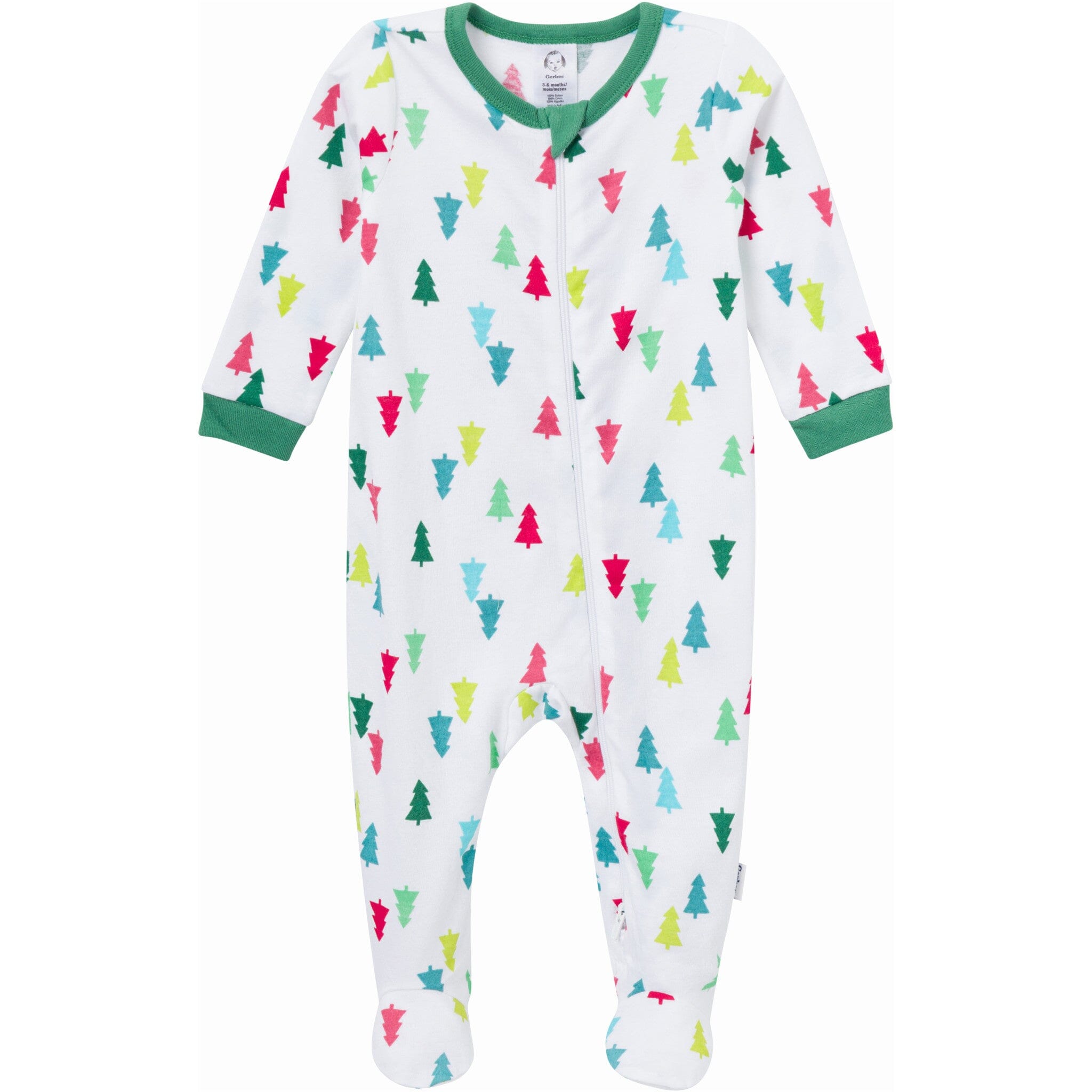Play In a Changing World With Upbounders Founder, Kemi Tignor

This blog is powered by Kemi Tignor, founder of Upbounders. Upbounders goal is to bring high-quality multicultural toys to a mass market that provides parents and caregivers with important resources to help children learn and grow developmentally and thrive in a changing world.
Kids have always needed toys. Toy dolls found in ancient Egypt have been dated as far back as 2000 B.C.E., but for a long time, all imaginative children needed to do was run around outside and spend time in the woods, where a patch of bushes and a few sticks could make a fort. As Americans moved to cities in increasingly large numbers in the early 1930s, a consensus formed that kids not only need playgrounds to exercise their bodies or libraries to develop their minds, but they also needed toys, which uniquely develop children’s motor skills and imaginations.
American life has changed a lot since the 1930s, with technology becoming a much greater part of our everyday life, but today’s kids still need toys! A recent study by the American Academy of Pediatrics found that:
“Play is essential to optimal child development because it contributes to the cognitive, physical, social, and emotional well-being of children and youth. It also offers an ideal and significant opportunity for parents and other caregivers to engage fully with children using toys as an instrument of play and interaction.”
At Upbounders® we take this understanding of the value of play one step further, believing that the toys which best spark a child’s imagination and enable them to build their own world reflect their everyday life experiences — visiting the ice cream truck at the playground, jumping rope, or going to the barbershop.

A great deal of attention and work has gone into diversifying the characters and themes in children’s books published in the United States. Upbounders® sees toys, like books, as vital tools helping children learn and grow. Upbounders® toys celebrate the everyday experiences and joys of life for kids in a diverse and interconnected world, allowing kids to see themselves, their families, and friends as they play.

Upbounders® was founded by a mom with the understanding that her son, and all the kids in his wonderfully diverse gaggle of friends, need to see toys that reflect the experiences of their daily lives. This is how kids see the humanity in themselves and in each other. Bringing high-quality multicultural toys to a mass market provides parents and caregivers with important resources to help children learn and grow developmentally and thrive in a changing world. All parents want their kids to see themselves in the world and to be happy and successful members of an increasingly diverse generation.
As a parent and as a pediatrician wrote recently:
“[C]hildren need manipulative toys, blocks and puzzles that let them practice with their hands and their brains, they need props for imagination and for interaction, books that will be read aloud over and over, space and scope to invent stories and act them out.”
At Upbounders®, we believe it’s healthiest when children are making their own worlds with characters who look like them, their friends, and people in their communities. It’s most natural and expands their imagination of what’s possible.
In August 2018, the American Academy of Pediatrics (AAP) began recommending that pediatricians start writing prescriptions for open-ended play — that is, minimally structured free time without rules or goals. The AAP came to believe that traditional open, ended play has become endangered, mainly by the proliferation of smartphone apps for kids. But also, by other toys with flashing lights and loud sounds.
In 2019 advice to parents, the AAP recognized that one of the most important purposes of playing with toys throughout childhood, and especially in infancy, is not educational at all, but is rather to facilitate warm, supportive interactions and relationships. Upbounders® is here with diverse toys that support that mission.
Many parents agree with the AAP’s advice, going to lengthy measures to reduce the amount of screen time to which children are exposed. For example, in Silicon Valley, parents are now asking nannies to sign stringent “no-phone use contracts.” In Overland Park, a suburb of Kansas City, Mo., about 150 parents have been meeting to talk about how to get their children off screens. Play-based pre-schools — my son attended one — are becoming popular again. And even tech giants Bill Gates and Steve Jobs limited their children’s screen time.
Electronic toys have their place, but they can be isolating to kids — they play with them alone instead of with a caregiver. The children are not using eye contact, negotiating play scenarios, or developing their motor skills to the extent they do with blocks. Children using devices are not developing the social skills that they will need to grow into productive adults. Further, there is not nearly enough research yet on the impact of significant technology usage on kids aged 0–6. In light of these concerns, millennial parents are understandably working to limit its influence.

If “play is the work of childhood,” as psychologist Jean Piaget put it, we want kids to prepare themselves through play for the diverse world they will work in and lead as adults
__
Cultivate belonging in your home, shop Upbounders® on Amazon.
















